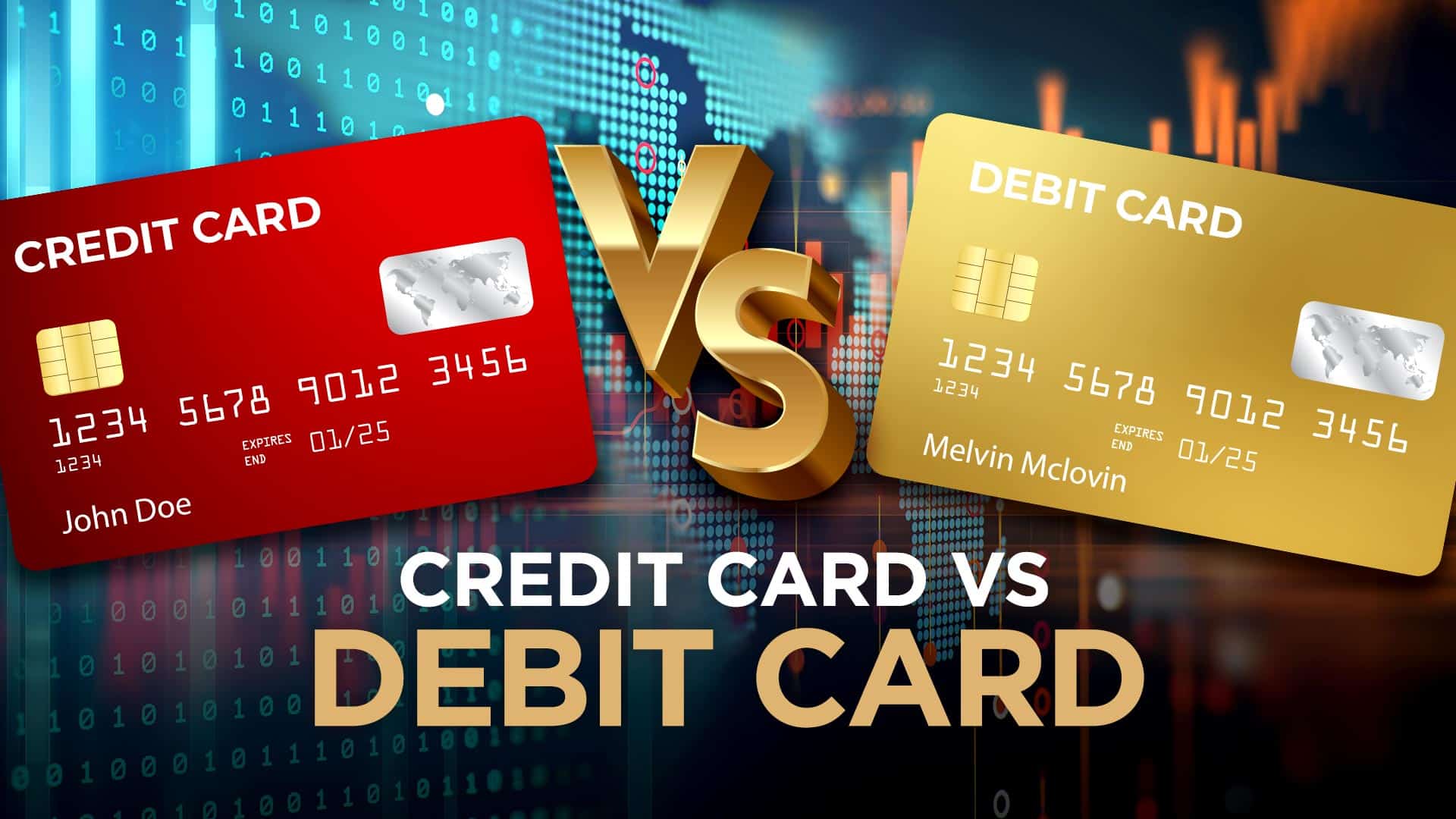Introduction
Whether you’re an occasional traveler or a seasoned jet-setter, managing your travel expenses wisely is crucial. The world of international payments can be daunting, with a plethora of options available to help you navigate foreign currencies. Two popular choices include FOREX travel cards and international debit cards. Understanding the advantages and disadvantages of each can empower you to make informed decisions and save money during your travels.

Image: www.paulmerchants.net
FOREX Travel Card: A Prepaid Convenience
A FOREX travel card is a prepaid card loaded with a specific amount of foreign currency. It functions much like a gift card, allowing you to make purchases and withdraw cash from ATMs in the country you’re visiting. The key advantage of a FOREX travel card is that it locks in the exchange rate at the time of purchase, protecting you from currency fluctuations during your trip. This can be particularly beneficial if exchange rates are volatile or unfavorable.
International Debit Card: The Simplicity of Global Banking
An international debit card is a standard debit card that can be used at ATMs and point-of-sale terminals abroad. Unlike a travel card, an international debit card is linked to your bank account, deducting funds directly from your home currency. The convenience of international debit cards stems from their widespread acceptance and familiarity. However, it’s essential to note that currency conversion fees and other charges may apply each time you use your card overseas.
Exploring the Benefits of FOREX Travel Cards
– Locked-in Exchange Rates: As mentioned earlier, travel cards offer the advantage of locking in exchange rates when you load money onto the card. This shields you from unfavorable currency fluctuations that could increase your travel costs.
– Reduced Fees: Compared to international debit cards, travel cards typically have lower transaction fees. This is because they often eliminate currency conversion fees, which can accumulate over time, especially if you make multiple purchases abroad.
– Security and Convenience: Travel cards provide peace of mind as they are not connected to your main bank account, minimizing the risk of fraud or unauthorized access. Additionally, they offer the convenience of global acceptance, allowing you to make purchases and withdraw cash in most major destinations.

Image: arthasakshar.com
Unraveling the Drawbacks of FOREX Travel Cards
– Limited Reloadability: Travel cards are usually not reloadable, meaning once the funds on the card are exhausted, you’ll need to purchase a new one. This can be inconvenient if you’re planning on a long-term stay or if your travel plans change unexpectedly.
– Currency Restrictions: Travel cards typically offer a limited range of currencies, so you may need to purchase multiple cards if you’re traveling to multiple countries with different currencies.
– Inactivity Fees: Some travel cards charge inactivity fees if you don’t use them for a certain period of time. These fees can chip away at the value of your card and reduce its overall cost-effectiveness.
Examining the Pros of International Debit Cards
– Global Acceptance: International debit cards have a broader acceptance network compared to travel cards. They can be used at millions of ATMs and point-of-sale terminals worldwide, making them highly convenient for travelers.
– Direct Access to Your Account: International debit cards provide direct access to your bank account, eliminating the need for preloading funds or managing multiple cards. This offers flexibility and convenience during your travels.
– Fraud Protection: Modern debit cards come with robust fraud protection measures, safeguarding your funds from unauthorized access and fraudulent activities.
Analyzing the Cons of International Debit Cards
– Currency Conversion Fees: Currency conversion fees can be a significant drawback of using international debit cards. These fees vary depending on the bank or card issuer and can add up quickly if you make frequent international transactions.
– ATM Withdrawal Fees: While debit cards generally offer convenient ATM access, be aware of potential ATM withdrawal fees that may apply when using your card abroad.
– Potential for Exchange Rate Markups: Some banks or card issuers apply an exchange rate markup, which can lead to higher costs when making purchases or withdrawals in foreign currencies.
The Optimal Currency Choice for Your Travel Adventure
Deciding between a FOREX travel card and an international debit card requires careful consideration of your travel preferences, spending habits, and financial goals. Here’s a quick guide to help you make the right choice:
– Travel Card is Ideal For:
- Travelers prioritizing fixed exchange rates to avoid currency fluctuations.
- Individuals looking to minimize transaction fees.
- Short-term travelers desiring peace of mind and security.
– International Debit Card is Ideal For:
- Frequent travelers seeking global acceptance and convenient access to their home currency.
- Individuals seeking a single card that can be used globally.
- Travelers with long-term stays or unpredictable expenses.
Forex Travel Card Vs International Debit Card
Conclusion
Choosing the optimal currency management solution for your travel adventures is an essential part of your financial preparation. FOREX travel cards and international debit cards each come with unique advantages and disadvantages, tailoring to specific travel needs. By carefully assessing the benefits and drawbacks of each option, you can make informed decisions that will save you time, money, and stress while maximizing the enjoyment of your well-deserved vacation.






